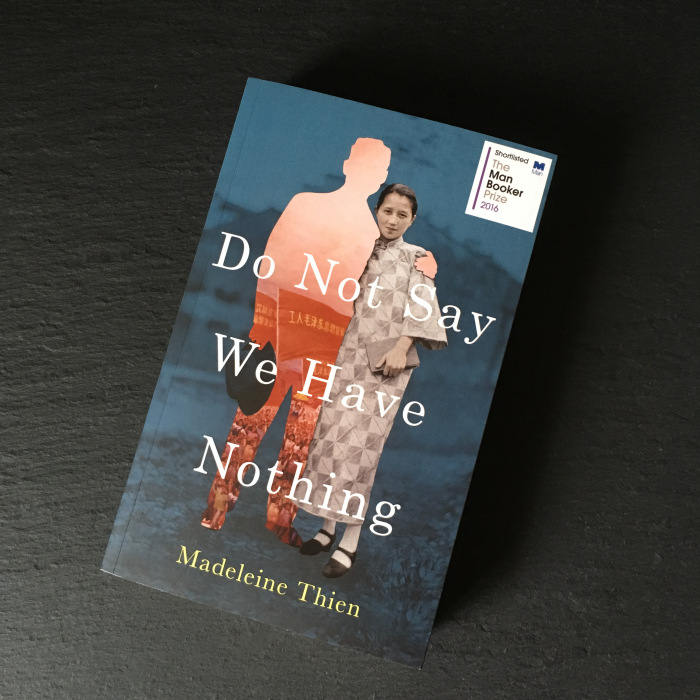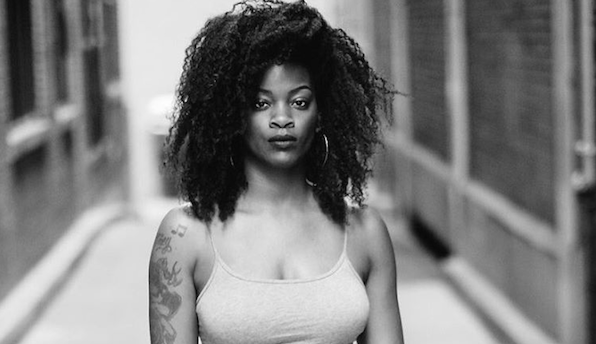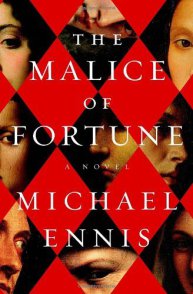To make up for the dearth of blog posts this year, I’m returning to my twelve days of Christmas book recommendations: a daily blog throughout the rest of December in which I share with you the twelve best books I read during 2017, counting down to the best of them all on Christmas Eve.
As always, these aren’t all books published this year but they are all books that I would heartily recommend you go out and buy or borrow. (That was a sneaky prompt to use your local library.)
Let’s see what my ninth favourite book was in 2017…
Do Not Say We Have Nothing by Madeleine Thien

When I look back over the books I’ve read this year, Madeleine Thien’s Do Not Say We Have Nothing is one that I keep coming back to for this list, even though my Litsy rating of it at the time – I gave it a ‘So-So’ back in March – suggested I wasn’t completely enamoured with it.
The novel opens in Canada, where Marie – or Li-ling in her Chinese name – is trying to uncover the story of her father, a concert pianist who died by suicide in Hong Kong when she was ten years old. Marie’s interest in her father is further fuelled by the arrival of Ai-Ming, a young woman who has fled China in the aftermath of Tiananmen Square and hints at a complicated relationship between Marie’s father and Ai-Ming and her family.
Like the incredible The Incarnations by Susan Barker (which was my favourite book in 2015, if you remember rightly, which of course you do…), Do Not Say We Have Nothing spans years of Chinese history: not centuries, like Barker’s novel, but decades, through the Cultural Revolution. The bulk of the novel deals with three characters, all musicians: Sparrow, a composer and Marie’s father’s teacher at the Conservatory; Zhuli, a violinist and daughter of a counter-revolutionary; and Kai, a Red Guard. But we also get drawn back through the generations of Zhuli’s family and the passing between them of rewritten copies of the Book of Records, the threads and connections slowly being untangled.
Looking back at my Litsy rating, I remember that I didn’t enjoy the narrative structure of this novel; although I can see its appropriateness in terms of the novel’s themes of accepted and alternative histories and narratives, I wanted to read about Sparrow, Zhuli and Kai, not Marie, who I felt plays little more than a structural role. But when the focus was on events in China, I found them gripping and Thien’s prose engaging and often profound.
Advertisements Like this:Like Loading...




